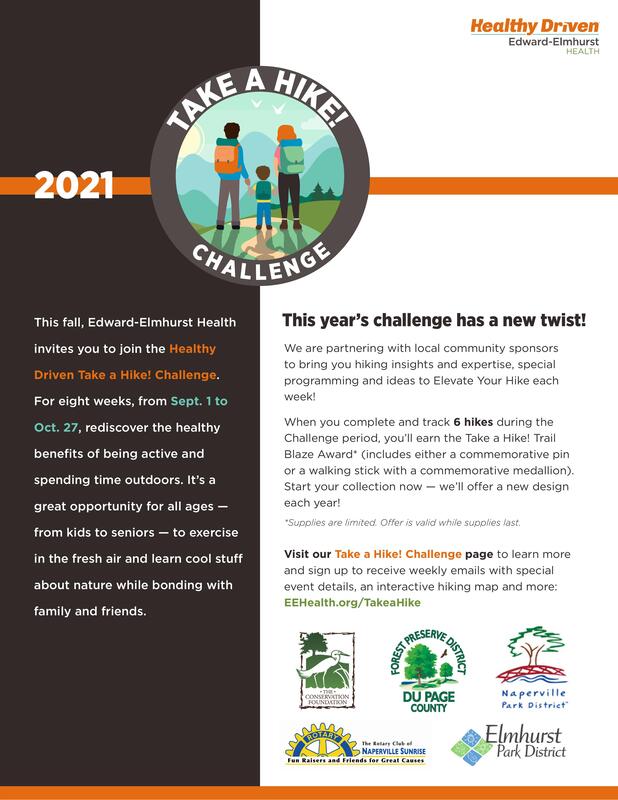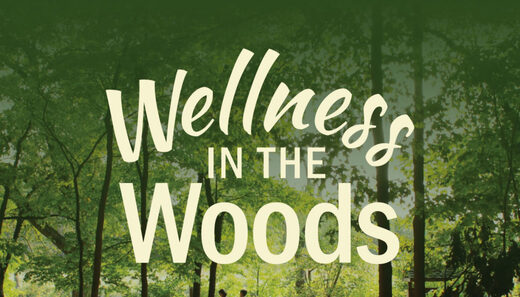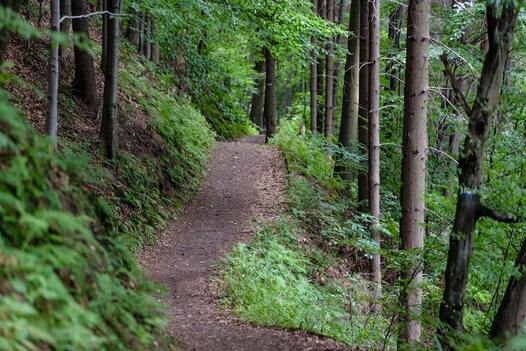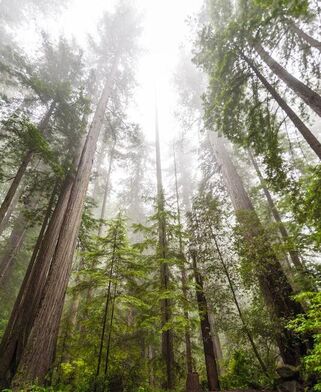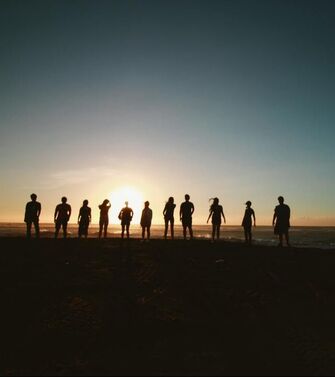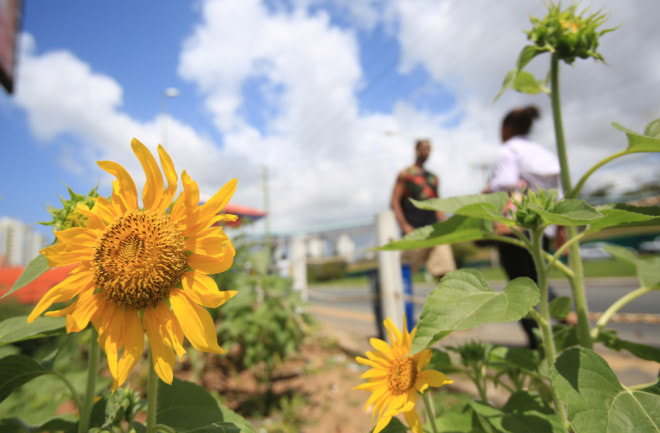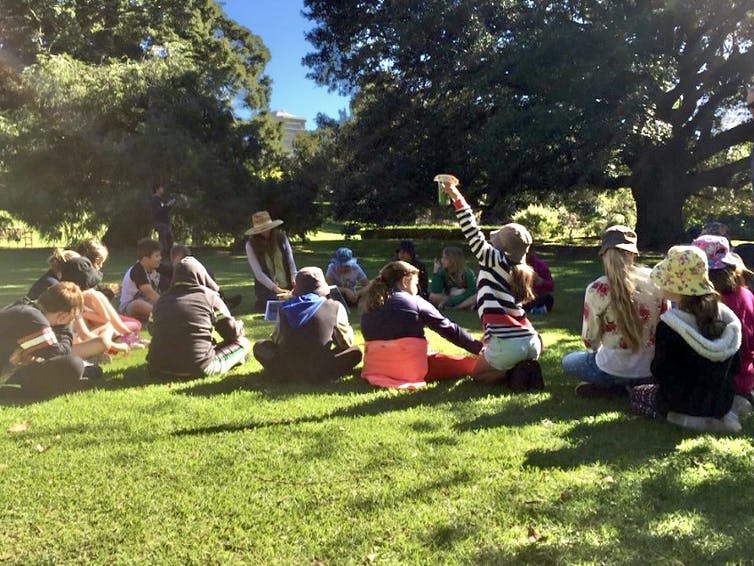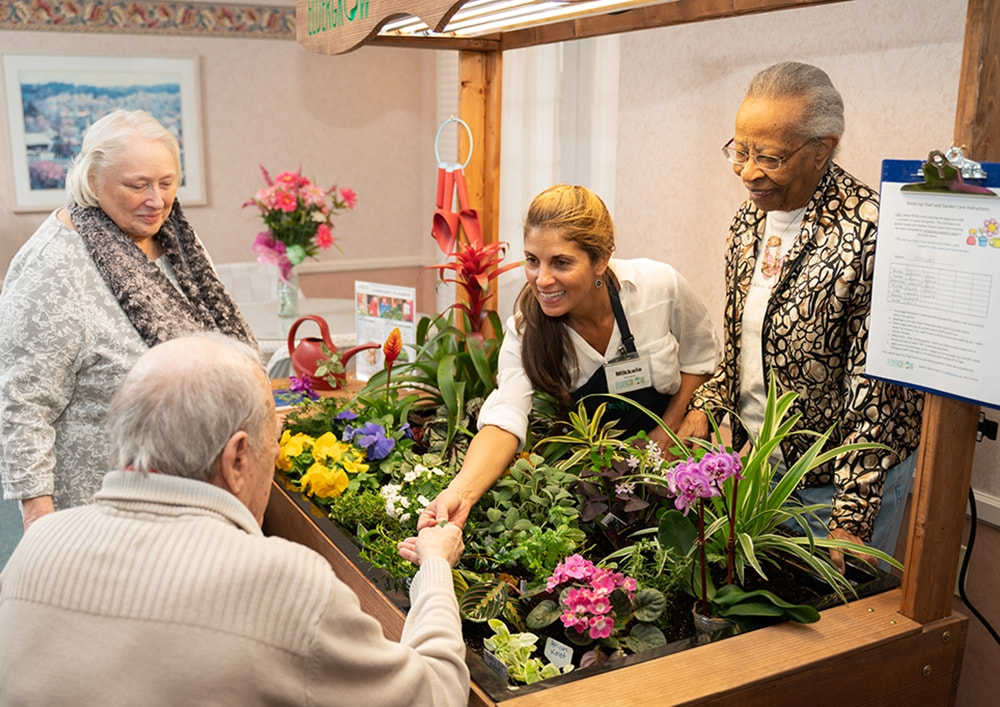Newsletter from Thursday, August 19th, 2021
Dear NCH2 Community,
We hope you and your families are staying safe and well. Please submit materials for the next newsletter by Sept. 1st, 2021 so we can make sure to include them. Submit items by emailing [email protected].
This week's newsletter includes a blog post written by students on current research, upcoming local events, information on national and international conferences, a grant opportunity, and links to articles in the research literature and popular press.
This week's newsletter includes a blog post written by students on current research, upcoming local events, information on national and international conferences, a grant opportunity, and links to articles in the research literature and popular press.
Students & Staff Reading Recent Research
|
This past quarter the Horton Research Group has started having students read current research papers and present the findings and methods to lab meetings, including creating a blog post about the papers to make them more accessible to those who may not have the time or resources to read the entire papers in their free time. We invite others who might want to try their hand at blogging to submit potential posts. Submit items of 500 words or less to [email protected]. Our newest blog post is written by Olivia Poole.
Blog Post Teaser: Research shows a vacant lot is not empty – it holds health risks and benefits. Effects of vacant lots on human health: A systematic review of the evidence Published in April 2021, this article aimed to answer the research question: How do poor quality greenspaces (e.g. vacant lots) influence health? While there are some limiting factors to this study and review, they point to opportunities for more research in this field. After conducting a systematic review, the researchers consolidated the current literature about the effects of vacant lots on human health to summarize findings and identify gaps in the existing body of evidence to suggest future research. To read the full blog post by Olivia click here. |
About Olivia Poole
Olivia Poole is a third year at Northwestern University studying social/environmental policy and data science. She is passionate about using environmental policy and science to narrow healthcare disparities, and also very interested in urban agriculture and food sovereignty. |
Recent Research Source Article
Effects of vacant lots on human health: A systematic review of the evidence.
Author's Abstract: The corpus of research concerned with high-quality greenspace and human health indicates that greenspace promotes health and lowers stress in many communities across the world. What is less understood is how poor-quality greenspaces (e.g., vacant lots) may influence health. While the research in this area is broad as a whole, there is yet to be a systematic review of the evidence to date. To inform future health researchers and urban planners, we conducted a systematic review. Our search yielded an initial 438 academic manuscripts which were then further sorted and screened to the 22 manuscripts retained and included in this review. Of these studies, conducted between 2008 and 2019, all but three (19/22) were carried out in the USA, often in Philadelphia, PA. Health effects identified included stress, mental health, self-reported physical activity, heart rate, homicide, blood lead levels; health risks included crime, gun violence, insect vectors, parasites, heavy metal contamination, and injuries. Among experimental studies (n = 11), 73% showed that ‘greening’ of vacant lots improved health, while 18% showed some neutral effects and one study showed a decline in health. The main limitations of the current evidence include narrow health outcomes investigated, small sample size, short follow-up and limited geographic scope of studies.
Citation: Sivak, C. J., A. L. Pearson and P. Hurlburt (2021). "Effects of vacant lots on human health: A systematic review of the evidence."
Landscape and Urban Planning 208: 104020. http://www.sciencedirect.com/science/article/pii/S0169204620315048
Effects of vacant lots on human health: A systematic review of the evidence.
Author's Abstract: The corpus of research concerned with high-quality greenspace and human health indicates that greenspace promotes health and lowers stress in many communities across the world. What is less understood is how poor-quality greenspaces (e.g., vacant lots) may influence health. While the research in this area is broad as a whole, there is yet to be a systematic review of the evidence to date. To inform future health researchers and urban planners, we conducted a systematic review. Our search yielded an initial 438 academic manuscripts which were then further sorted and screened to the 22 manuscripts retained and included in this review. Of these studies, conducted between 2008 and 2019, all but three (19/22) were carried out in the USA, often in Philadelphia, PA. Health effects identified included stress, mental health, self-reported physical activity, heart rate, homicide, blood lead levels; health risks included crime, gun violence, insect vectors, parasites, heavy metal contamination, and injuries. Among experimental studies (n = 11), 73% showed that ‘greening’ of vacant lots improved health, while 18% showed some neutral effects and one study showed a decline in health. The main limitations of the current evidence include narrow health outcomes investigated, small sample size, short follow-up and limited geographic scope of studies.
Citation: Sivak, C. J., A. L. Pearson and P. Hurlburt (2021). "Effects of vacant lots on human health: A systematic review of the evidence."
Landscape and Urban Planning 208: 104020. http://www.sciencedirect.com/science/article/pii/S0169204620315048
Local Events
|
Take a Hike Challenge
Date: Sept. 1 to Oct. 27 Description: This fall, we invite you to join the Healthy Driven Take a Hike! Challenge. For eight weeks, from Sept. 1 to Oct. 27, rediscover the healthy benefits of being active and spending time outdoors. It’s a great opportunity for all ages — from kids to seniors — to exercise in the fresh air and learn cool stuff about nature while bonding with family and friends. We are partnering with local community sponsors to bring you hiking insights and expertise, special programming and ideas to Elevate Your Hike each week! The Take a Hike! Tracker can be printed or picked up at one of our sponsor locations. When you complete and track 6 hikes during the 8-week Challenge period, you’ll earn the Take a Hike! Trail Blaze Award. For more information, a Take a Hike! Tracker, and registration click here. |
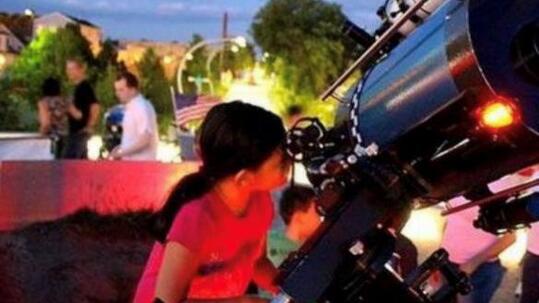
Chicago Park District - Astronomy in the Parks at Park No. 579
Date: Fri, Aug 20, 2021
Time: 7:00 PM - 9:30 PM
Location: Bloomingdale Trail Park (Park No. 572)
1600-3750 W. Bloomingdale Ave.
Chicago, IL 60647
Description: The Chicago Astronomer (Joe Guzman) and enthusiastic astro-crew connects park visitors of all ages and cultures with the cosmos via telescopic viewing, instruction and guidance across urban skies. Stargazing begins at 8:00 pm. In accordance with Be Safe Chicago Guidelines for Parks and Recreation Activities, participants in this activity will be required to wear a mask and practice social distancing at all times while participating. Patrons who are exhibiting any symptoms of COVID-19 are asked to stay home and join us for an event when symptoms subside.
For more information, click here.
Date: Fri, Aug 20, 2021
Time: 7:00 PM - 9:30 PM
Location: Bloomingdale Trail Park (Park No. 572)
1600-3750 W. Bloomingdale Ave.
Chicago, IL 60647
Description: The Chicago Astronomer (Joe Guzman) and enthusiastic astro-crew connects park visitors of all ages and cultures with the cosmos via telescopic viewing, instruction and guidance across urban skies. Stargazing begins at 8:00 pm. In accordance with Be Safe Chicago Guidelines for Parks and Recreation Activities, participants in this activity will be required to wear a mask and practice social distancing at all times while participating. Patrons who are exhibiting any symptoms of COVID-19 are asked to stay home and join us for an event when symptoms subside.
For more information, click here.
|
Forest Preserves of Cook County - Wellness in the Woods: Introduction to Forest Bathing
Date: Sat, Aug 21, 2021 Time: 1:30 pm Location: Sand Ridge Nature Center 15891 Paxton Ave South Holland, IL 60473 Description: Discover this Japanese physiological and psychological exercise practice and learn how to adapt it to your own life. All visitors over 2 years of age must wear a mask indoors at all times. Unvaccinated visitors should also wear a mask outdoors when physical distancing (six feet from other people) is not possible. REGISTRATION REQUIRED: Call Sand Ridge at 708-868-0606 or email at [email protected]. For more information, click here. |
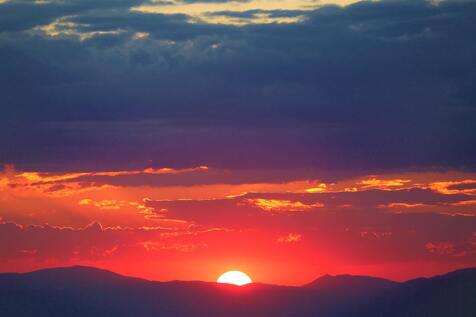
Forest Preserves of Cook County - Sunset Watercolors
Date: Fri, Aug 27, 2021
Time: 7:30 pm
Location: Sand Ridge Nature Center
15891 Paxton Ave
South Holland, IL 60473
Description: Join us for a peaceful evening as we gain inspiration from the sunset and paint outdoors. Paintbrushes, watercolors, and paper will be provided.
All visitors over 2 years of age must wear a mask indoors at all times. Unvaccinated visitors should also wear a mask outdoors when physical distancing (six feet from other people) is not possible.
REGISTRATION REQUIRED: Call Sand Ridge at 708-868-0606 or email at [email protected].
For more information, click here.
Photo by Konevi from Pexels
Date: Fri, Aug 27, 2021
Time: 7:30 pm
Location: Sand Ridge Nature Center
15891 Paxton Ave
South Holland, IL 60473
Description: Join us for a peaceful evening as we gain inspiration from the sunset and paint outdoors. Paintbrushes, watercolors, and paper will be provided.
All visitors over 2 years of age must wear a mask indoors at all times. Unvaccinated visitors should also wear a mask outdoors when physical distancing (six feet from other people) is not possible.
REGISTRATION REQUIRED: Call Sand Ridge at 708-868-0606 or email at [email protected].
For more information, click here.
Photo by Konevi from Pexels
|
Betty Swan Arboretum Partner Tree Walk
Date: Sat, Aug 28, 2021 Time: 10:00 AM to 11:15 PM Location: Betty Swan Arboretum 3836 Arthington St., Chicago, IL 60624 Description: Join TreeKeepers Program Manager Al De Reu and CRTI Stewardship Manager Trinity Pierce for an in-person tour of the Betty Swan Arboretum in West Garfield Park. We’ll focus on tree identification and appreciation, environmental justice initiatives, and learn more about efforts to increase the local tree canopy. This walk is in person only and will be capped at 25 people, so please register early. Following CDC guidelines is required, as is mask wearing and social distancing. For more information and registration, click here. Photo by PhotoMIX Company from Pexels |
|
Faith in Place's Green Team Summit
Date: September 12-14, 202 Location: via Virtual Platform Description: We believe our environmental and social crises are rooted in disconnection. During this summit, we will explore ways to heal our connection with our land, body, mind, spirit, and community. From walking through vividly green wetlands in Shawnee National Forest, to touring a farm, and gathering in a racial healing circle, this virtual Summit will honor our interconnectedness and inspire our environmental work through healing. For more information and registration, click here. Photo by Zetong Li from Pexels |
National and International Conferences

Natural Capital Project Virtual Event: “Bringing the Value of Nature into the Economic Mainstream”
Date: Sept. 7th, 2021
Time: 10:00am-11:30am PT
Location: via Virtual Platform
Description: Nature provides numerous benefits to people and essential life support, but the values of nature are often largely invisible in market economies (“nature works for free”). The ongoing partnership between the Global Trade Analysis Project (GTAP), a global network of researchers and policy makers conducting quantitative analysis of international trade and environmental policies, and the Natural Capital Project is working to change this. The integration of global economic models with ecosystem service models can quantify how nature contributes to the economic bottom-line including income, employment, and international trade that are central to government and corporate decision-making.
For more information and registration, click here.
Date: Sept. 7th, 2021
Time: 10:00am-11:30am PT
Location: via Virtual Platform
Description: Nature provides numerous benefits to people and essential life support, but the values of nature are often largely invisible in market economies (“nature works for free”). The ongoing partnership between the Global Trade Analysis Project (GTAP), a global network of researchers and policy makers conducting quantitative analysis of international trade and environmental policies, and the Natural Capital Project is working to change this. The integration of global economic models with ecosystem service models can quantify how nature contributes to the economic bottom-line including income, employment, and international trade that are central to government and corporate decision-making.
For more information and registration, click here.
|
University of Washington, Nature & Health Virtual Conference: Generating Understanding Across Communities and Disciplines
Date: October 12-14, 2021 Location: via Zoom Description: Nature and Health seeks to understand the connections between nature and human health and well-being. We work to translate that understanding into programs, practices, policies, and the design of healthcare, educational, and community settings that benefit all people and nature. Speakers include Michelle Johnson-Jennings, Ph.D., Ed.M. (Choctaw Nation); Eugenia C. South, M.D., M.S.; Hilary Franz, Commissioner of Public Lands; and Howard Frumkin, M.D., Dr.P.H. For more information and registration, click here. Photo by Belle Co from Pexels |
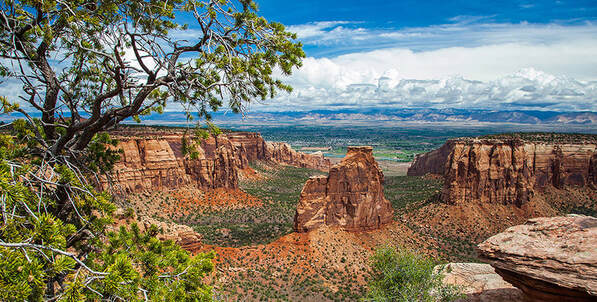
2021 SHIFT Summit: Ensuring Access to Nature – For Human Health and the Environment
Date: October 18-20, 2021
Location: Grand Junction, Colorado
Description: The SHIFT Summit is a national gathering of hundreds of land managers, researchers, funders, educators, retailers, and conservationists, along with outdoor recreation, health, military, and nature therapy professionals who share experiences, evidence, and ideas for better linking of both humans and nature. The Summit is based on sound science combined with experiential, health, stewardship, and land management aspects to balance equitable reciprocity and access to the places, flora, and fauna that we all need to exist and thrive. SHIFT Awards will also be presented for organizations and individuals who are excelling in our collective work. The Summit will include a variety of research, practice, and experiential aspects, including workshops, lightning talks, panel discussions, nature and forest therapy practices, and plenty of opportunities for active outdoor recreation so we can deepen our connections to place and story.
Early Bird Registration ends August 20th.
Deadline for award nominations and proposal/abstract submissions has been extend through Saturday, August 21 at midnight.
Due to the changing status of COVID-19 SHIFT will be accepting a limited number of remote presentations. Some sessions will be live -streamed. Remote options are now available. Please, see the SHIFT website (https://www.gpred.org/shift/) for updated information as it becomes available.
For more information and registration, click here.
Date: October 18-20, 2021
Location: Grand Junction, Colorado
Description: The SHIFT Summit is a national gathering of hundreds of land managers, researchers, funders, educators, retailers, and conservationists, along with outdoor recreation, health, military, and nature therapy professionals who share experiences, evidence, and ideas for better linking of both humans and nature. The Summit is based on sound science combined with experiential, health, stewardship, and land management aspects to balance equitable reciprocity and access to the places, flora, and fauna that we all need to exist and thrive. SHIFT Awards will also be presented for organizations and individuals who are excelling in our collective work. The Summit will include a variety of research, practice, and experiential aspects, including workshops, lightning talks, panel discussions, nature and forest therapy practices, and plenty of opportunities for active outdoor recreation so we can deepen our connections to place and story.
Early Bird Registration ends August 20th.
Deadline for award nominations and proposal/abstract submissions has been extend through Saturday, August 21 at midnight.
Due to the changing status of COVID-19 SHIFT will be accepting a limited number of remote presentations. Some sessions will be live -streamed. Remote options are now available. Please, see the SHIFT website (https://www.gpred.org/shift/) for updated information as it becomes available.
For more information and registration, click here.
Thinking about a Career in Parks and Recreation?
GP RED, is a non-profit organization whose goal is to fully recognize and expand research, education, and resource development activities for community “quality of life” agencies. Their research team has recently issued a research report documenting the shortage of Parks, Recreation and Related professionals. The report delves into the state of education programs for P&R professionals, and the requirements for employment.
Read the report here: https://www.gpred.org/wp-content/uploads/2021/07/Research-Brief-14-F1.pdf
GP RED, is a non-profit organization whose goal is to fully recognize and expand research, education, and resource development activities for community “quality of life” agencies. Their research team has recently issued a research report documenting the shortage of Parks, Recreation and Related professionals. The report delves into the state of education programs for P&R professionals, and the requirements for employment.
Read the report here: https://www.gpred.org/wp-content/uploads/2021/07/Research-Brief-14-F1.pdf
Grant Opportunity
John Z. Duling Grant Program
The goal of this program is to provide start-up or seed funding to support innovative research and technology transfer projects that have the potential of benefiting the everyday work of arborists.
John Z. Duling Grants may be used to support exploratory work in the early stages of untested, but potentially transformative, research ideas and approaches. Examples may include application of new approaches to research questions, or application of new expertise involving novel disciplinary or interdisciplinary perspectives.
For more information about the types of projects accepted and the application process, click here.
John Z. Duling Grant Program
The goal of this program is to provide start-up or seed funding to support innovative research and technology transfer projects that have the potential of benefiting the everyday work of arborists.
John Z. Duling Grants may be used to support exploratory work in the early stages of untested, but potentially transformative, research ideas and approaches. Examples may include application of new approaches to research questions, or application of new expertise involving novel disciplinary or interdisciplinary perspectives.
For more information about the types of projects accepted and the application process, click here.
|
In the News
Overview: This Discover article discusses the concept of guerilla gardening and guerilla gardeners, who discreetly garden in places where they don’t have the legal rights to do so. This article touches on the positives of guerilla gardens like influencing city policy and the creativity and expression for those gardening. It also discusses the potential problems with this type of gardening like its link to gentrification when nearby residents are not included in garden planning and the need for gardeners to know about where and what they are planting for the gardens to survive. Read more here: How 'Guerrilla Gardening' Can Change Your City. Leslie Nemo. Discover Magazine. August 2021. https://www.discovermagazine.com/environment/how-guerrilla-gardening-can-change-your-city |
|
Overview: This Conversation article discusses a recent research project focusing on Australian children in urban areas and their connection to nature. Their findings showed that younger children, especially girls, said they have a strong connection to nature. While 1 in 2 primary aged kids reported a strong connection with nature only 1 in 5 teenagers reported this strong connection, leading to the suggestion that to preserve a connection with nature, parents and educators should focus on the transition between childhood and the teenage years.
Read more here: 1 in 2 primary-aged kids have strong connections to nature, but this drops off in teenage years. Here’s how to reverse the trend. R. Keith, D. Hochuli, J. M. Martin, L. M. Given. The Conversation. August 2021. https://theconversation.com/1-in-2-primary-aged-kids-have-strong-connections-to-nature-but-this-drops-off-in-teenage-years-heres-how-to-reverse-the-trend-165660 |
|
Overview: This article discusses a $1 million Civil Monetary Penalty grant that will give two dozen Florida nursing homes access to a national indoor gardening program designed for residents to combat isolation and loneliness during the ongoing public health crisis. This program will focus on indoor sensory gardens and six therapeutic wellness goals: socialization, cognitive stimulation, sensory stimulation, spatial awareness, motor skills and creative expression.
Read more here: LeadingAge Florida, Eldergrow awarded $1M to launch therapeutic gardening program for dozens of facilities. Danielle Brown. McKnight’s Long-Term Care News. June 2021. www.mcknights.com/news/the-brighter-side/leadingage-florida-eldergrow-awarded-1m-to-launch-therapeutic-gardening-program-for-dozens-of-facilities/ |



